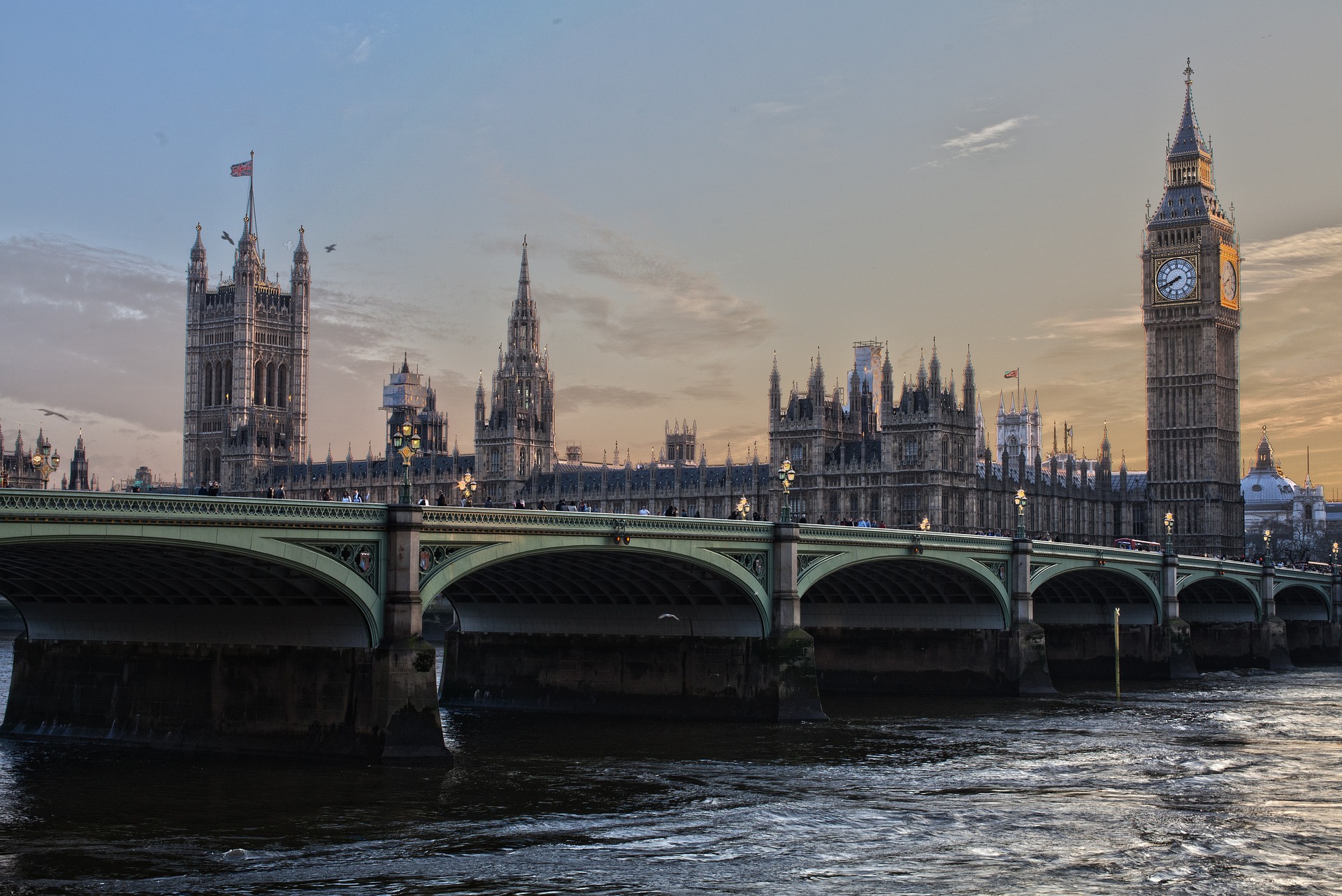With two weeks until polling day, the Conservatives and Labour manifestos lay out their visions for crime and justice under the next government.
With a former Director of Public Prosecutions going up against a Prime Minister who has been sanctioned by police while in office, one might expect to be presented with markedly different policy platforms. Presented with a criminal justice system in crisis, worn away by austerity and under-investment over the last 14 years, tackling state of justice must be a key focus for the incoming government. We analyse both parties’ policies over five key areas below.
Policing
Both Labour and the Conservatives are eager to restore public confidence in the police after a series of scandals.
Labour pledged 13,000 more neighbourhood police officers, with a ‘named officer’ for each community. They would ban anyone with a history of violence against women and girls from serving, and automatically suspend officers under investigation for domestic abuse or sexual offences.
The Conservatives would recruit 8,000 more officers, though this would still leave overall numbers of police lower than in 2010. They would equip officers with tools like facial recognition, and new powers to seize knives and track down stolen property. They would ‘legislate to ensure officers are appropriately vetted’, though there was no guidance on how this would change current vetting procedures.
Violence against women and girls
Labour’s proposals focused on help and prevention. Rape and sexual assault teams would be embedded into every police force, and domestic abuse experts in 999 control rooms. Schools would be asked to teach lessons on misogyny and consent.
Labour would also fast-track rape cases by setting up specialist courts. Issues which currently slow down the processing of rape cases, such as a lack of barristers and CPS under-resourcing, were not discussed.
Conservative proposals focused on deterrence and punishment. A 25-year minimum term would be instituted for murders taking place inside the home; rapists and other serious sexual offenders would be required to serve their whole sentence behind bars. Sex offenders would also be restricted from changing their names.
The Conservatives also suggest implementing pre-recorded cross-examination for rape victims in all Crown courts. This type of ‘section 28’ evidence has previously been found to lower rape conviction rates by 20%.
Antisocial behaviour
Both parties mentioned assaults on retail workers. The Conservatives would toughen sentences for such crimes, while Labour would create a new specific offence.
Proposals about punishments for convicted offenders were broadly similar. The Conservatives would continue community payback, and Labour elaborated that fly-tippers and vandals would be ‘be forced to clean up the mess they have created.’
Labour would also implement ‘Respect Orders’ — rebranded ASBOs — which would ban repeat offenders from town centres. Writing in the Express, Shadow Home Secretary Yvette Cooper said: ‘After 14 years of Conservative Government failure on law and order, communities are despairing and criminals are laughing at the law. We can’t stand for this anymore. It’s time to turn the page on this chaos. It’s time for a Labour government committed to making our streets safe again.’
Courts backlog
Labour would allow Associate Prosecutors—the CPS’s in-house advocates—to work on ‘appropriate cases’. Most Associate Prosecutors are currently only allowed to conduct non-contested cases in the magistrates’ courts. It is unclear how much their remit would be broadened by.
Their manifesto states that this measure is necessary ‘after 14 years of neglect’. It continues: ‘the criminal justice system is broken. Victims wait months, sometimes years, for their case to come to trial, unable to move on with their lives.’
The Conservatives have pledged to fund 100 criminal law pupillages to plug the efflux of barristers from this poorly-paid practice area. They would also continue measures introduced during the pandemic, such as temporary ‘nightingale’ courts and remote hearings, though they don’t pledge to increase shockingly low criminal legal aid fees.
Prisons
Condemning prisons as ‘academies of crime’, Labour pledged a packet of measures related to rehabilitation. They would improve prisoners’ access to learning activities, ensure ‘pre-release plans’ which get released offenders into work, and offer support to the children of criminals.
However, Labour have come under fire for a ‘tough on crime’ stance usually lauded by the right. Responding to a tweet in which Labour Leader Keir Starmer said he would ‘put dangerous criminals behind bars’, the Chief Executive of the charity INQUEST, Deborah Coles, responded: ‘Prisons don’t work. The evidence is all there. Rather than expanding the criminal justice system invest in communities and decimated social, health and community support – education, housing, jobs, youth clubs, refuges, mental health, addictions.’
The Conservatives again focused on toughening sanctions in prison. They would make life imprisonment without parole mandatory for some murderers, uphold the ban on prisoner voting, and deport more Foreign National Offenders.
Both parties have pledged to build more prison spaces: 14,000 by Labour and 20,000 by the Conservatives – with both opting to streamline planning laws to achieve this. The Conservatives first pledged to build 20,000 more prison spaces by 2025 in a 2021 White Paper. That policy has been shifted back to 2030 in this manifesto, while prisons are due to reach capacity in the next few weeks, despite last ditch efforts to curb the crisis.
A Conservative spokesperson said last week that they have ‘overseen the largest expansion to the prison estate since the Victorian era’. However this has been coupled with drastic increases in sentence lengths and the crumbling of parts of the existing prison estate, leading to shocking levels of overcrowding.
Other key policies
Both parties have vowed to crack down on knife crime, with Labour saying that they would ban ninja swords, lethal zombie-style blades and machetes.
Fraud was also a mutual focus. The Conservatives specified that they would ban SIM farms, which are used to bulk-send fraudulent texts.
Labour’s manifesto highlighted the importance of offering compensation for historical miscarriages of justice. It would establish a Windrush Commissioner and compensation scheme and enact a ‘Hillsborough law’ to place a duty of candour on public bodies. They say revenue of £565 million raised by closing an interest tax loophole would mean £30m could be deployed for legal aid for victims of disasters or state-related deaths.
The Conservatives vowed to continue their tough stance on protests, creating further powers to ban face coverings, pyrotechnics, and climbing on war memorials.








